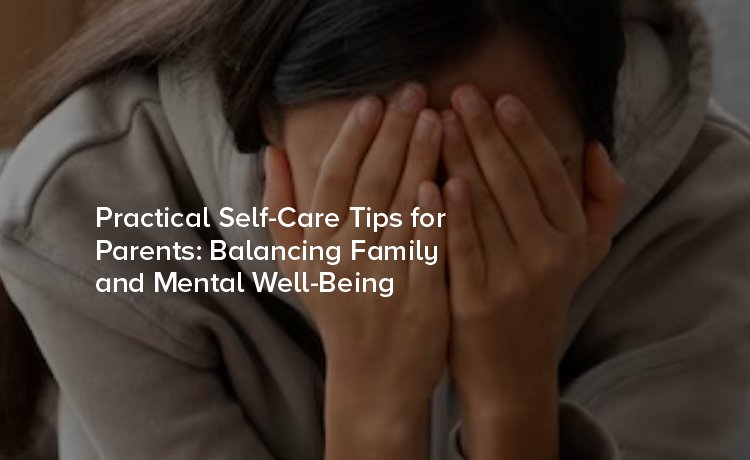
Being a parent often feels like juggling a hundred balls at once—kids, work, household chores, and relationships, all while trying to take care of yourself. It’s easy to push your own well-being aside for the sake of your family, but the truth is, self-care isn’t selfish. It’s a critical part of maintaining mental health and being the best parent you can be.
You’ve likely heard the phrase, “You can’t pour from an empty cup.” Often, as parents, our “cup” gets drained as we tend to the endless needs of our children and responsibilities. Neglecting mental and physical health can lead to burnout, making it harder to handle stress and even enjoy time with your family.
The good news? Self-care doesn’t have to mean escaping to a week-long spa retreat (though that’s great if you can swing it!). It’s about small, meaningful actions that help you recharge and maintain balance.
1. Set Achievable Self-Care Goals
Many parents avoid self-care because it feels overwhelming. Setting small, realistic goals can help you build self-care into your daily routine. Aim for manageable actions like drinking more water, taking a 10-minute walk, or practicing gratitude before bed.
Pro Tip: Start by identifying one daily habit you can work on. For example, replacing scrolling on your phone at night with reading a book to unwind.
2. Prioritize Sleep
Sleep may feel like a luxury, but it’s critical for your mental and physical well-being. A good night’s rest improves focus, patience, and overall mood—key ingredients for parenting success.
3. Make Movement a Part of Your Day
Physical activity isn’t just great for your body; it’s a powerful tool to reduce stress and boost your mood. And no, you don’t need to hit the gym or squeeze in a 5k run.
Ideas for incorporating movement:
Even 10–15 minutes of moving your body can leave you feeling refreshed and energized.
4. Delegate and Share Responsibilities
You don’t have to do everything on your own. It’s OK to rely on your partner, family, or friends for support. Sharing responsibilities not only eases your workload but also allows others to contribute to the family dynamic.
Giving yourself permission to ask for help is a powerful act of self-care.
5. Find Moments to Recharge
Parenting is a 24/7 job, but even a few quiet moments can positively impact your mental well-being.
Quick ideas to recharge:
It’s not about the amount of time you have; it’s about how intentional you are with it.
6. Stay Connected to Your Identity
It’s easy to feel like “just mom” or “just dad” as the demands of parenting take over your schedule. But maintaining your sense of identity beyond parenting is key to feeling fulfilled.
Ways to stay connected to YOU:
By regularly making room for activities that bring you joy, you can maintain a stronger sense of self.
The key to successful self-care is to treat it like an ongoing commitment, rather than a luxury reserved for “when you have time.” Here’s how to keep self-care a regular part of your life as a parent.
Taking time for self-care as a parent isn’t indulgent—it’s essential. When you feel energized, balanced, and present, you’re better equipped to handle the ups and downs of parenting.